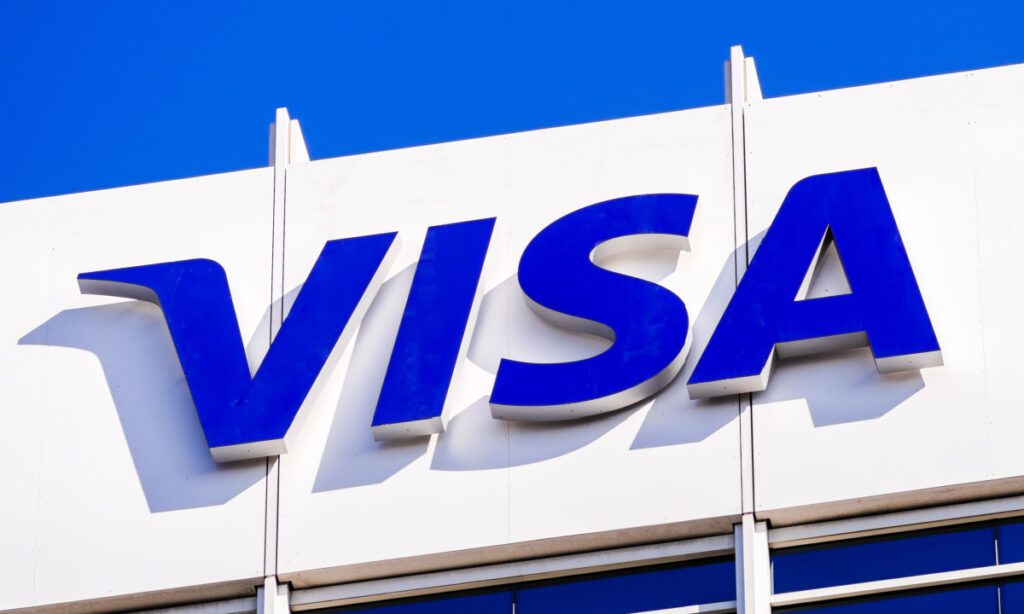Visa’s Bold Move into Generative AI: Leading the Charge in Financial Innovation
In the fast-evolving world of finance, Visa is setting the pace by embracing generative artificial intelligence (AI) at an unprecedented level. With over 500 generative AI applications already in use, the company is not just riding the trend—it’s driving it. According to a recent report from The Wall Street Journal, Visa is keen on integrating even more of these advanced technologies to enhance its defenses against the growing threat of fraud.
Accelerating Innovation in the Face of Threats
Rajat Taneja, Visa’s President of Technology, emphasized the urgency of innovation in the current climate. "This is a time when I think we have to innovate very fast,” he noted, highlighting the company’s commitment to not just keeping up, but staying ahead in the industry.
Visa’s AI toolkit is diverse, featuring applications designed to detect security vulnerabilities in code, assist customers in selecting billing cycles, and deploy chatbots that provide expert knowledge across various business segments. Over the past decade, Visa has invested a staggering $3.3 billion into AI and data infrastructure, underscoring its dedication to harnessing the power of technology.
Measuring Success: The ROI Challenge
Determining the return on investment (ROI) for these AI initiatives can be tricky. For fraud prevention tools, it’s relatively straightforward—companies can quickly calculate savings by the value of fraud mitigated. However, the productivity-enhancing applications present a more complex challenge in quantifying their financial benefits.
Looking ahead, Taneja envisions a future where AI tools function as "employees," with human supervisors overseeing teams of 8 to 10 AI agents dedicated to specific tasks. This model seeks to maximize efficiency while ensuring a human touch remains central to operations.
AI’s Growing Influence in Financial Services
The impact of generative AI is not limited to Visa. A recent PYMNTS Intelligence report titled "Banking on AI: Financial Services Sector Harnesses Generative AI for Security and Service" found that 83% of financial professionals believe their institutions are leaning toward generative AI, with 32% planning to utilize it for delivering personalized customer services.
Exciting developments are also happening at Mastercard, which recently announced its first generative AI application designed to streamline customer onboarding. This digital assistant automates routine tasks and utilizes Mastercard’s extensive knowledge base to address customer inquiries, making the onboarding process smoother and more efficient.
Why This Matters for You
For those of us intrigued by the intersection of technology and finance, Visa’s proactive stance on generative AI signifies a transformative shift in how financial institutions operate. This is not just about better security or customer service—it’s about rethinking the very frameworks within which financial services are delivered.
Imagine walking into a bank where an AI assistant knows precisely what you need based on your history and preferences or a seamless experience that anticipates your queries even before you ask. These innovations have the potential to redefine your interactions with financial services.
In Conclusion
Visa’s pioneering ventures into generative AI highlight an exciting era for the financial industry. The integration of AI promises not only to enhance security measures but to revolutionize customer experience. With players like Visa and Mastercard leading the charge, the implications for consumers are vast and promising.
The AI Buzz Hub team is excited to see where these breakthroughs take us. Want to stay in the loop on all things AI? Subscribe to our newsletter or share this article with your fellow enthusiasts.




